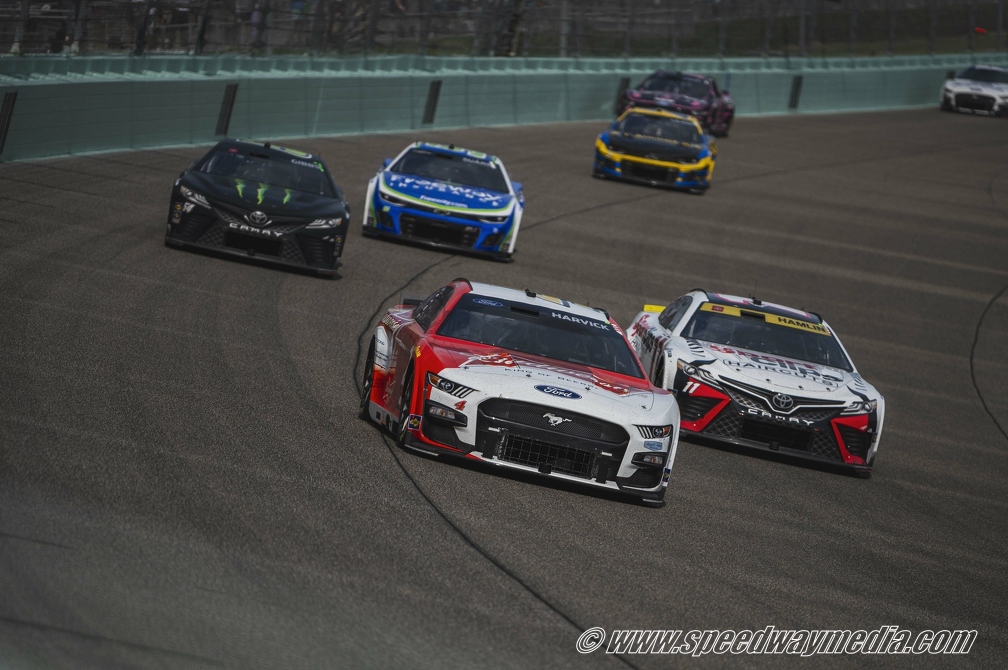Fuel management is an essential factor in motorsports, providing racing teams with a competitive advantage. This article examines the significance of fuel management strategies, as well as how Fuel Logic’s on-site fuel services and management systems improve racing teams’ performance. These advanced fuel management techniques improve race day operations by ensuring precise and efficient fuel supply tailored to the unique demands of the racing industry. They also contribute to strategic planning and sustainability efforts in motorsports.
The Significance of Fuel Management Strategies in Racing
Fuel management strategies have significance in the competitive racing arena, influencing both team success and vehicle performance. Beyond mere conservation, these strategies are critical to optimizing the complex balance of power, efficiency, and speed, ensuring that racing vehicles perform at their peak.
Firstly, by focusing on performance enhancements:
a. Maximizing Performance: Efficient fuel management strategies allow racing teams to optimize their vehicle’s performance by ensuring the right fuel mixture and consumption rates. Precise fuel management contributes to better engine power, acceleration, and overall performance, ultimately enhancing a team’s chances of success.
Secondly, by addressing the crucial aspect of vehicle weight:
b. Weight Optimization: Effective fuel management ensures that teams carry the appropriate amount of fuel necessary for the duration of a race. Reducing excess weight can enhance speed and maneuverability, giving teams a competitive advantage.
These two elements, performance maximization, and weight optimization, form the foundation of effective racing strategies, emphasizing the importance of fuel management in achieving racing excellence.
Fuel Logic’s On-Site Fuel Services and Management Systems
a. Precision Fuel Supply: Fuel Logic’s on-site fuel services provide racing teams with the convenience of having fuel delivered directly to their garage or pit area. This eliminates the need for teams to source fuel off-site, saving time and reducing logistical challenges.
b. Fuel Management Systems: Fuel Logic offers advanced fuel management systems that help teams track and optimize their fuel consumption. These systems provide real-time data on fuel levels, usage rates, and consumption patterns, enabling teams to make informed decisions to improve performance.
Optimization of Race Day Operations
a. Strategic Pit Stops: Fuel Logic’s on-site fuel service ensures that teams have a reliable and constant supply of fuel during races, minimizing the time spent on pit stops. This allows teams to strategically plan their refueling intervals, enhancing their overall race strategy and reducing the risk of running out of fuel.
b. Safety and Reliability: Fuel Logic’s precise fuel supply ensures that racing teams have access to high-quality fuel that meets industry standards. This enhances vehicle reliability and reduces the probability of technical issues that could compromise safety and performance during races.
Contributions to Strategic Planning and Sustainability Efforts
a. Data-Driven Decision Making: Fuel management systems provided by Fuel Logic generate valuable data on fuel consumption, helping teams make informed strategic decisions. This data can be analyzed to optimize fuel efficiency, devise new strategies, and improve future race performances.
b. Sustainability in Motorsports: Efficient fuel management contributes to sustainability efforts in motorsports by reducing fuel waste and carbon emissions. Customized fuel supply solutions mitigate the potential environmental impact while keeping racing teams competitive.
Conclusion
Fuel management strategies are important in gaining a competitive advantage in racing by optimizing performance, reducing weight, and ensuring reliability. Fuel Logic’s on-site fuel services and management systems provide racing teams with the precision, efficiency, and tailored solutions necessary to excel in motorsports. Moreover, these advanced fuel management techniques also contribute to strategic planning and sustainability efforts, making it an essential aspect of success in the dynamic world of racing.









